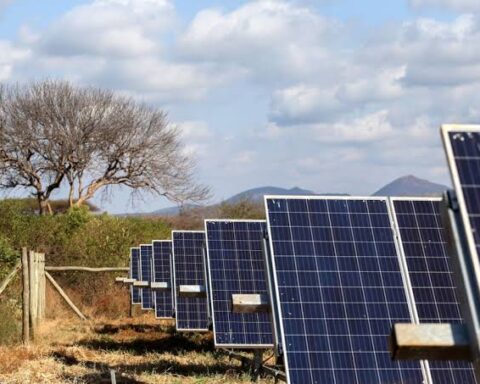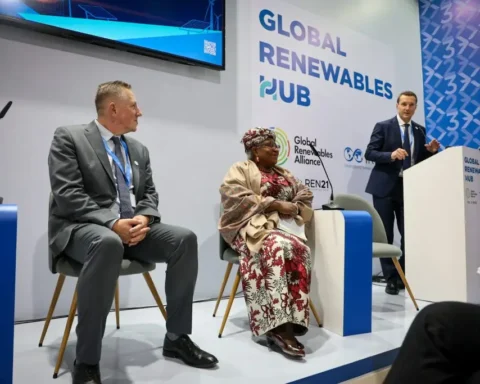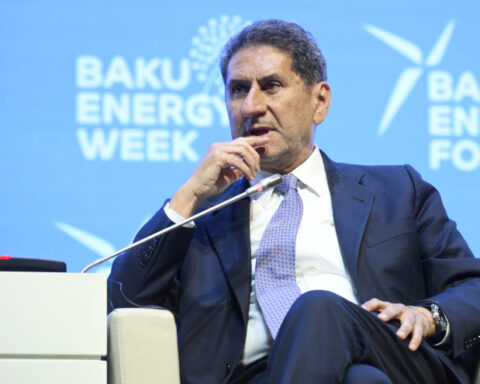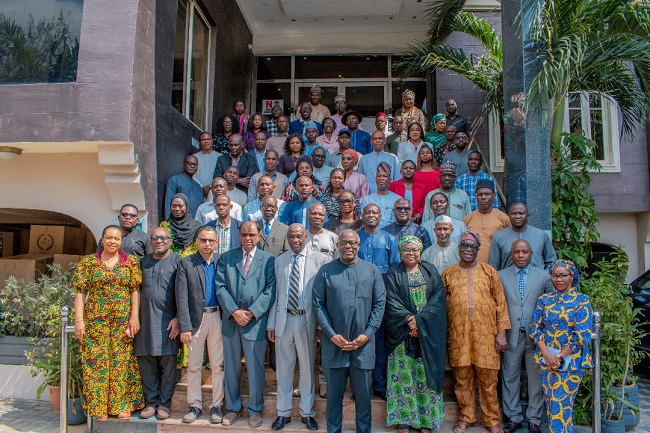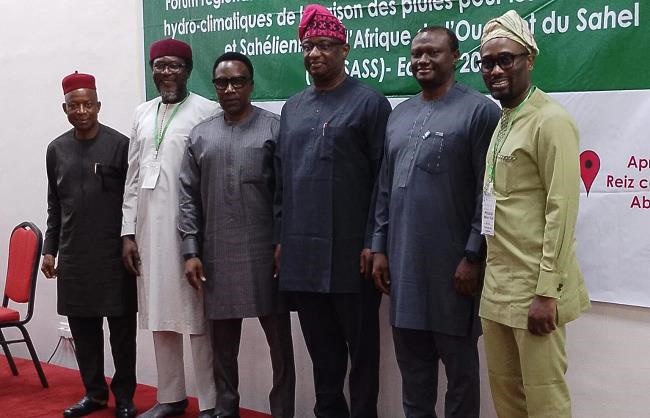A former Member of the House of Representatives and sponsor of Nigeria’s Climate Change Act Rep. Sam Onuigbo has emphasized the potential of renewable energy to fuel Nigeria’s industrialization agenda.
Speaking in series of address at the 14th International Renewable Energy Agency (IRENA) Assembly and related events in Abu Dhabi, United Arab Emirates, he lamented Nigeria’s vast energy market with approximately 90 million underserved individuals.

Rep. Onuigbo hailed the government’s commitment to creating conducive environments for renewable energy investments, noting that initiatives such as the Constitutional amendment transferring electricity regulation from the Exclusive List to the Concurrent List, as well as the enactment of the Electricity Act 2023, which supports off-grid and mini-grid power generation and distribution.
Onuigbo outlined key policies and actions, including the Climate Change Act, the Clean Cooking Policy aiming for universal clean cooking energy access by 2030, and recent subsidies provided for solar hybrid mini-grids in underserved areas through a World Bank loan under the Distributed Access through Renewable Energy Scale-up (DARES) project.
Despite Nigeria’s potential as an investment hub for renewables, Rep. Onuigbo cautioned international investors against repeating past mistakes seen in the telecommunications sector revolution.
He urged them to seize the opportunity for mutual growth and development.
The events in Abu Dhabi convened a diverse array of stakeholders, including investors, innovators, academics, business leaders, and government representatives, to discuss strategies for achieving global commitments to triple renewable energy capacity by 2030 and drive sustainable growth.
By Dare Akogun




